Plant-based drinks have long been more than just a trend. They are an integral part of the diet of many people who are looking for alternatives to conventional cow's milk - be it for health reasons, due to allergies or as part of a more conscious diet. But given the large number of plant-based drinks available, the question arises: which plant-based drink is best suited to individual needs? In this blog post, we take a closer look at the most common plant-based drinks, their calories and their health benefits.

The plant-based drinks market is booming
Plant-based drinks are experiencing the highest growth among the newer product categories in the beverage sector worldwide. There are many reasons for this: cow's milk allergies, the desire for low-calorie alternatives, high cholesterol levels or the decision to follow a vegan diet are just some of the factors driving this development.
In Germany, around 71 different milk substitute products were counted in North Rhine-Westphalia alone in March 2021. Oat drinks are the most popular at around 30%, followed by soy and almond drinks, which are also in high demand.
What distinguishes plant-based drinks
Plant-based drinks are made by crushing, extracting and homogenizing plant material. They share a number of nutritional benefits: They are lactose and cholesterol-free, making them a good choice for people with cow's milk allergies or cardiovascular disease. They also contain health-promoting ingredients such as fiber, vitamins, minerals and antioxidants that contribute to a balanced diet.
The variety of plant drinks

Plant drinks can be divided into five main categories:
- Grain-based drinks: oats, rice, corn, spelt
- Legume-based drinks: soy, peanut, lupine, broad bean
- Nut-based drinks: almond, coconut, hazelnut, pistachio, walnut
- Seed-based drinks: sesame, linseed, hemp, sunflower
- Pseudocereal-based drinks: Quinoa, Amaranth
Each of these categories offers specific nutrient profiles that should be selected depending on the individual diet and possible intolerances. Soy drinks, for example, are a popular choice in vegan diets due to their high protein content, while almond drinks score points for their antioxidant effect and high vitamin E content.
Health benefits of plant drinks
Grain-based drinks, such as oat and rice drinks, offer antioxidant and cholesterol-lowering properties. Oat drinks also contain β-glucan, a fiber that slows digestion and can help stabilize blood sugar levels.
Soy drinks are rich in isoflavones, which have been proven to protect against cancer, cardiovascular disease and osteoporosis. Soy drinks also have cholesterol-lowering effects.
Almond drinks protect against free radicals thanks to their antioxidant compounds and have a prebiotic effect, which benefits gut health. They are also an excellent source of vitamin E.
Calorie content of plant drinks
The calorie content of plant-based drinks varies considerably depending on the main ingredient. Almond drinks and coconut drinks are among the lowest calorie options, with only 21 kcal and 13 kcal per 100 ml respectively. In comparison, soy and oat drinks contain around 38 kcal and 46 kcal per 100 ml respectively. For comparison: cow's milk has around 48 kcal per 100 ml.
Soy drinks are also characterized by their high protein content, which is comparable to that of cow's milk. The fat content of plant drinks is generally lower than that of cow's milk, especially the proportion of saturated fatty acids.
Be careful when declaring
The labels of plant-based drinks can be misleading. Terms such as "natural" or "nature" are not legally protected and can contain flavors, additives or sugar. "No added sugar" does not necessarily mean sugar-free either, as many grain-based drinks naturally contain sugar that is created through fermentation during production.
Conclusion
Plant-based drinks offer a variety of alternatives to conventional cow's milk, with different calorie contents and health benefits. It is important that the choice is made according to individual needs and preferences. Pelster's, for example, offers the organic oat drink and the oat-almond drink , which combines the advantages of both types: a higher protein content, less sugar and fat, and a lower calorie content.
In a world full of plant-based options, consumers have the opportunity to find the perfect alternative for their lifestyle.
Sources
- (1) Sethi, S., Tyagi, SK, & Anurag, RK (2016). Plant-based milk alternatives an emerging segment of functional beverages: a review. Journal of food science and technology, 53, 3408-3423.
- (2) Silva, AR, Silva, MM, & Ribeiro, BD (2020). Health issues and technological aspects of plant-based alternative milk. Food Research International, 131, 108972.
- (3) Consumer Advice Center NRW (2024). Oats, coconut, almond, rice, soy: milk substitute products under the microscope. Online at: https://www.verbraucherzentrale.nrw/wissen/lebensmittel/kennzeichnung-und-inhaltsstoffe/hafer-kokos -almond-rice-soy-milk-substitutes-under-the-magnifying-glass-62593 (last accessed: 13.08.2024).






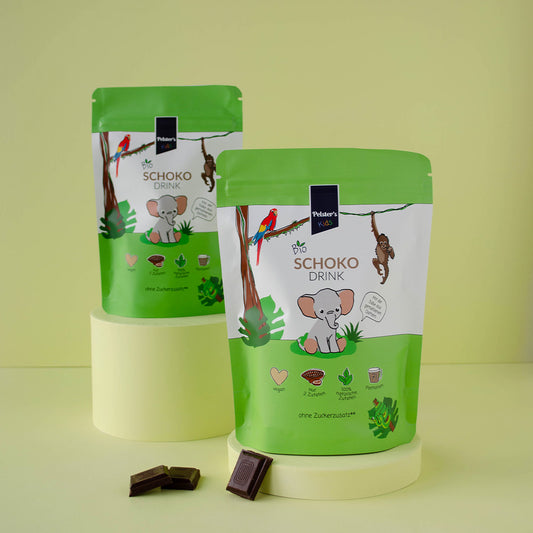

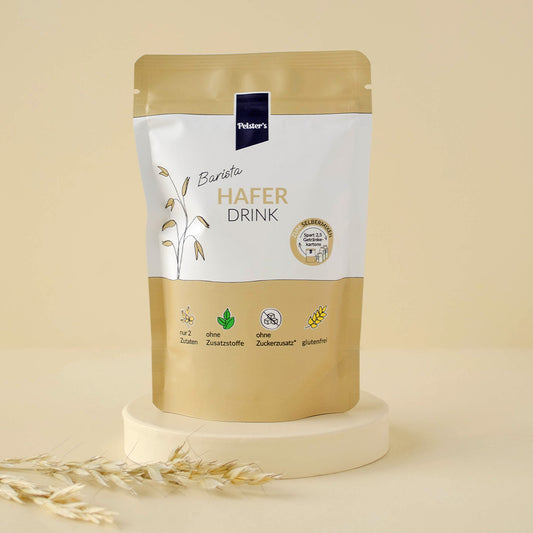

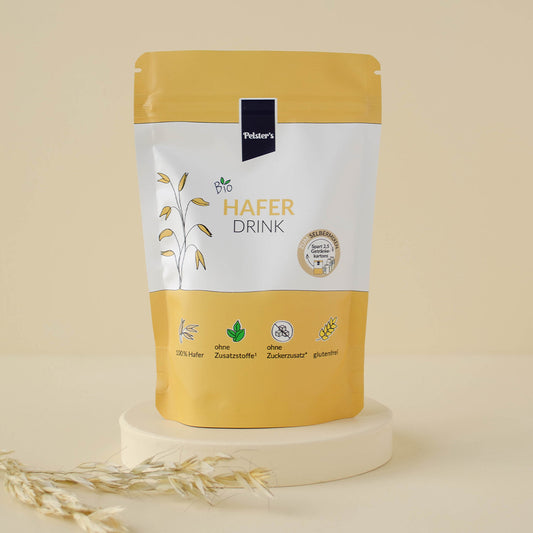



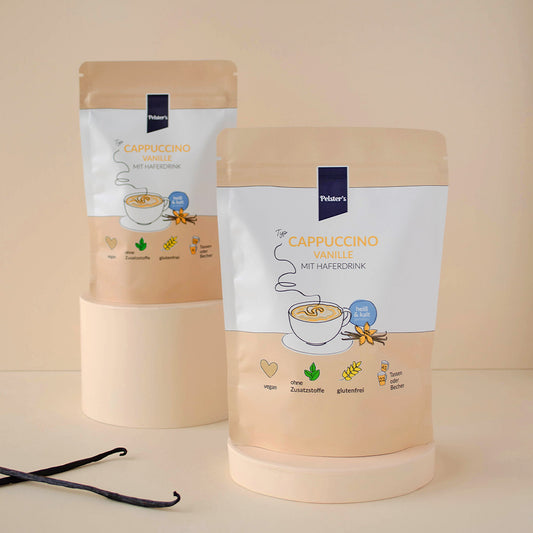



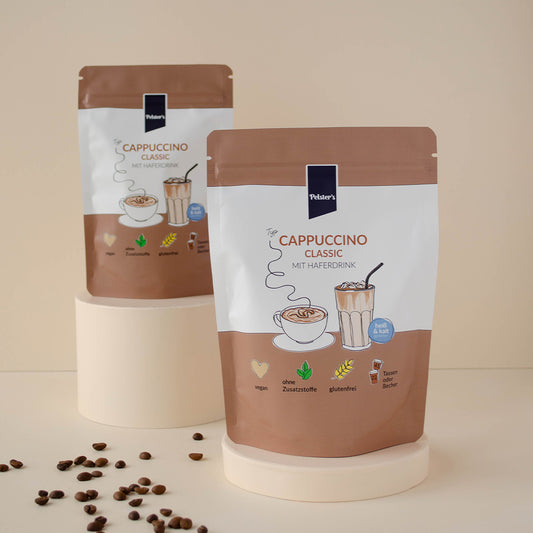
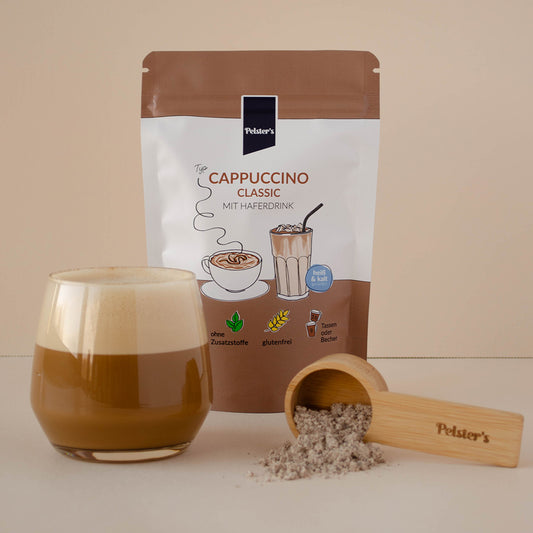
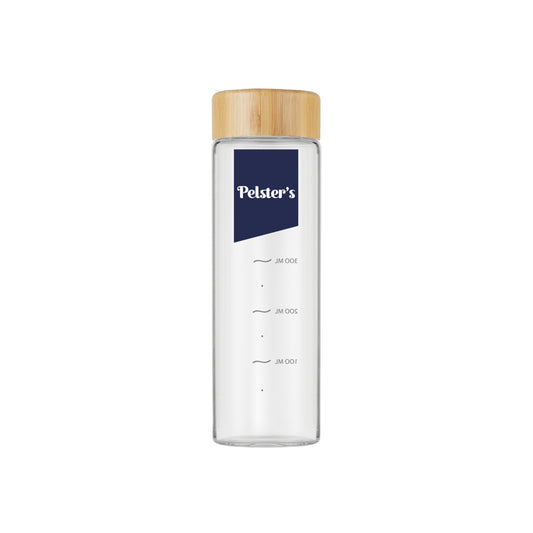


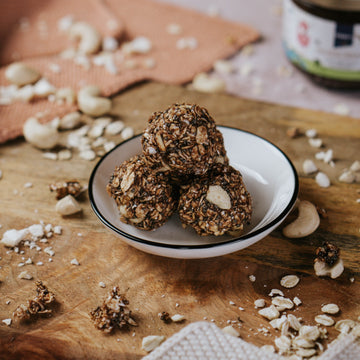



Muchas gracias. ?Como puedo iniciar sesion?
Muchas gracias. ?Como puedo iniciar sesion?